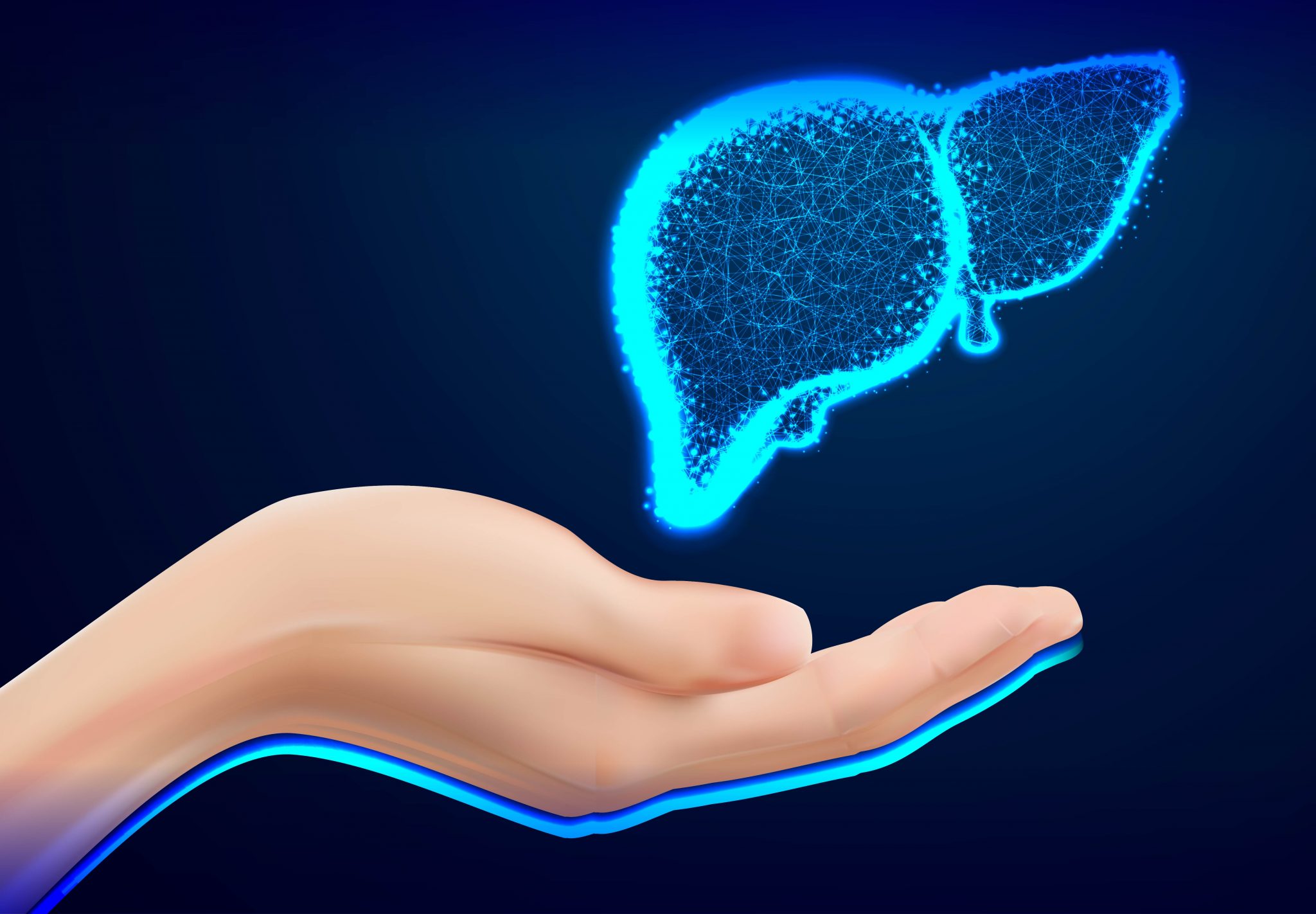Obesity is currently a major health concern, both globally and locally. This is because obesity is a risk factor of many non-communicable diseases. We all know that a poor diet and lifestyle can cause unhealthy weight gain. The question now is, do our genes play a role in controlling our weight too?

Can I blame my genes for being fat?
The answer is yes – but not completely!
In fact, research has shown differences in susceptibility between individuals that are determined by the genes.
Meet the FTO gene
The FTO gene is probably the most famous among the genes involved in weight gain.
It was first suggested that a common variant in this gene is associated with type 2 diabetes. Subsequent studies found that this variant in the gene predisposes individuals to diabetes through an effect on body mass index (BMI). A study even found that individuals with two copies of the ‘risk variant’ weighed about 3kg more than those who don’t!
So, how does it affect my weight?
You might think that the risk variant increases your risk of gaining weight by slowing down your metabolism, or accumulating more fat in your body.
However, research has given us another answer.
The FTO gene affects our body weight by making us eat more calories.
One study found that individuals with at least one copy of the risk variant consumed between 125 to 280 calories more each day than individuals who don’t. Other than that, another study found that children carrying the risk variant ate more energy-dense foods compared to those who don’t. Besides, individuals with two copies of the risk variant may also be less responsive to satiety cues, which often lead to overeating.
In fact, there is no significant link between your genes and how fast you burn calories! What happens is the genes alter your appetite by making you feel hungry faster, or less satiated after a meal.
A better lifestyle for better health!
It is certain that our DNA does has some effect on weight gain by affecting our eating behaviours. Nonetheless, this is something we can actively control. Therefore, should not use our genes as an excuse from living a healthy lifestyle and adopting good eating habits!

Our genetic makeup may play an important role in shaping who we are. However, you can have total control over your lifestyle, which is much more crucial when it comes to health!
A sedentary modern lifestyle is definitely one of the major reasons why people are gaining weight. Why not start getting active by taking the stairs instead of the lift, or taking a 15 minute stroll in your neighbourhood each day?
References
- Frayling, T. et al. (2007). A Common Variant in the FTO Gene Is Associated with Body Mass Index and Predisposes to Childhood and Adult Obesity. Science, 316(5826), pp.889-894.
- Speakman, J. et al. (2008). Polymorphisms of the FTOGene Are Associated With Variation in Energy Intake, but not Energy Expenditure. Obesity, 16(8), pp.1961-1965.
- Cecil, J. et al. (2008). An Obesity-Associated FTOGene Variant and Increased Energy Intake in Children. New England Journal of Medicine, 359(24), pp.2558-2566.
- Wardle, J. et al. (2008). Obesity Associated Genetic Variation in FTOIs Associated with Diminished Satiety. The Journal of Clinical Endocrinology & Metabolism, 93(9), pp.3640-3643.
- Fawcett, K. et al. (2010). The genetics of obesity: FTO leads the way. Trends in Genetics, 26(6), pp.266-274.

